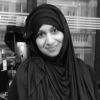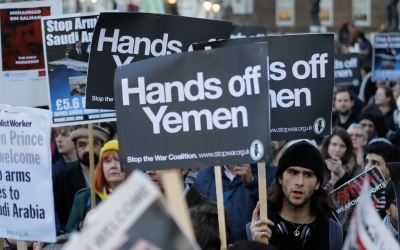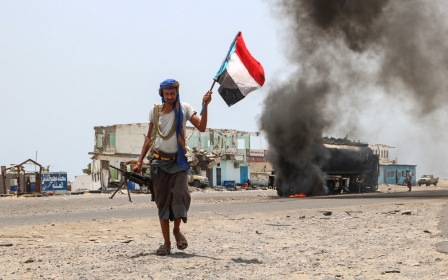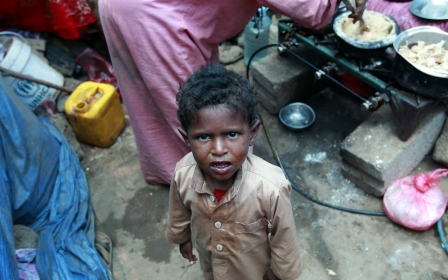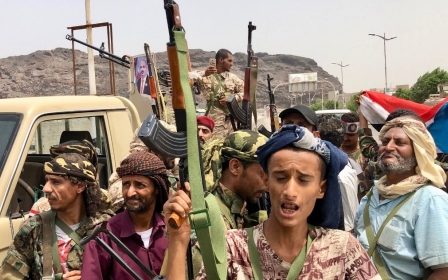Coronavirus: World powers must speak up for Yemen's most vulnerable civilians
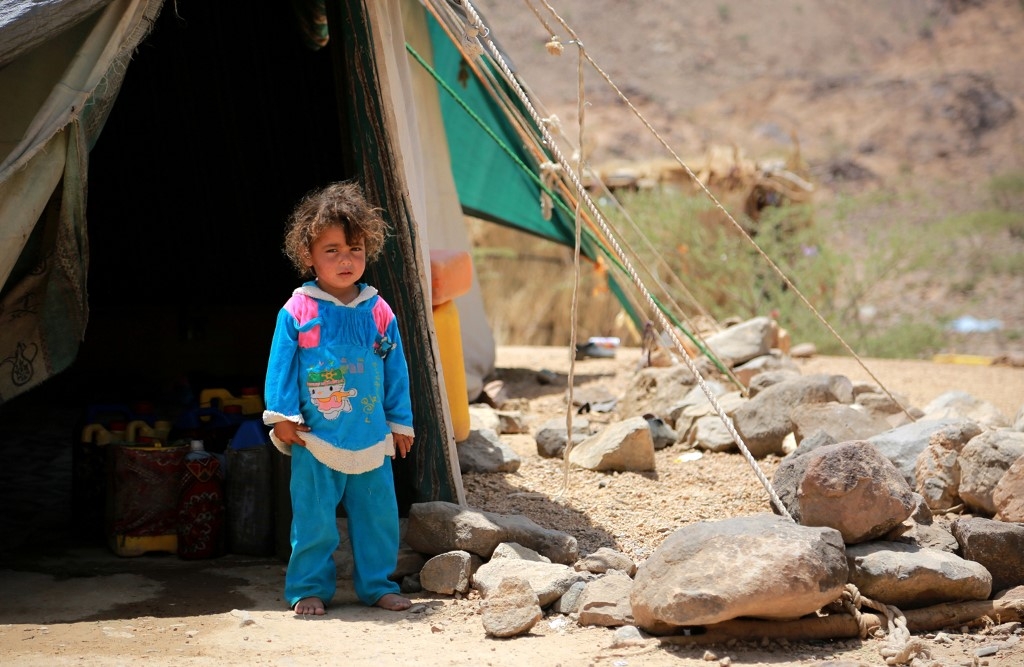
The coronavirus pandemic has struck one of the world's most vulnerable countries, amid a brutal war that has been raging for more than five years.
Millions of Yemeni civilians are in dire need of humanitarian aid, and renewed fighting in the country's north has left hundreds of thousands of displaced people at heightened risk of contracting Covid-19, rights groups warn.
Decimated healthcare system
The intensifying conflict between Houthi forces and a Saudi-led coalition has moved nearer to these overcrowded camps, presenting a significant risk. The onslaught is driven by Saudi Crown Prince Mohammed bin Salman, who has not let up, even as the pandemic threatens catastrophic consequences in a country whose healthcare capacity has been decimated by years of war.
The restrictions on critical international aid and lifesaving items must be lifted, so that civilians can fulfil their basic needs
The northern Marib governorate has been hit hard in recent months by coalition air strikes, while both the Houthis and the Saudi-backed Yemeni government have placed constraints on humanitarian aid operations in the city, Human Rights Watch has noted. Amid the renewed fighting, civilians are struggling to access needed healthcare and humanitarian aid.
It is incumbent upon Saudi Arabia and the Houthis to collectively act with immediate effect to protect those who have been displaced within the country's most insecure areas.
It is vital that civilians in Yemen get access to the humanitarian aid that they desperately need, especially as experts predict that nearly half of the population, or 16 million people, could ultimately become infected with Covid-19.
Accountability for war crimes
Bin Salman has the authority to implement needed changes to protect civilians, but he has thus far failed to do so. The war itself goes against the very tenets of Islam, which calls to protect civilians and to look after your neighbours.
Saudi Arabia should be held accountable for the millions of people affected by this tragedy, along with the war crimes committed on Yemeni soil, including unlawful air strikes on homes, schools and marketplaces.
At the same time, while fighting has increased in the country's north in recent months, the Houthis' obstruction of access to international aid, showing a total disregard for the lives of civilians, presents a breach of international humanitarian law. This must come to an end.
With hospitals bombed, the healthcare system destroyed and Yemen's economy at an all-time low, the situation is set to deteriorate further now that civilians must also try to protect themselves from the Covid-19 pandemic. Those in power in the West and in the Muslim world must speak up to protect displaced Yemeni civilians and try to avoid a deeper catastrophe.
The right to a better future
Authorities, human rights organisations and NGOs must call on Saudi Arabia to implement a total ceasefire, halting the destruction and bloodshed in Yemen. The restrictions on critical international aid and lifesaving items must be lifted, so that civilians can fulfil their basic needs.
Political prisoners must be released under emergency provisions, as their unsanitary living conditions could fuel the spread of Covid-19. The people of Yemen are entitled to justice, peace and a better future; it is long past time that they are given this chance.
The views expressed in this article belong to the author and do not necessarily reflect the editorial policy of Middle East Eye.
Middle East Eye propose une couverture et une analyse indépendantes et incomparables du Moyen-Orient, de l’Afrique du Nord et d’autres régions du monde. Pour en savoir plus sur la reprise de ce contenu et les frais qui s’appliquent, veuillez remplir ce formulaire [en anglais]. Pour en savoir plus sur MEE, cliquez ici [en anglais].


